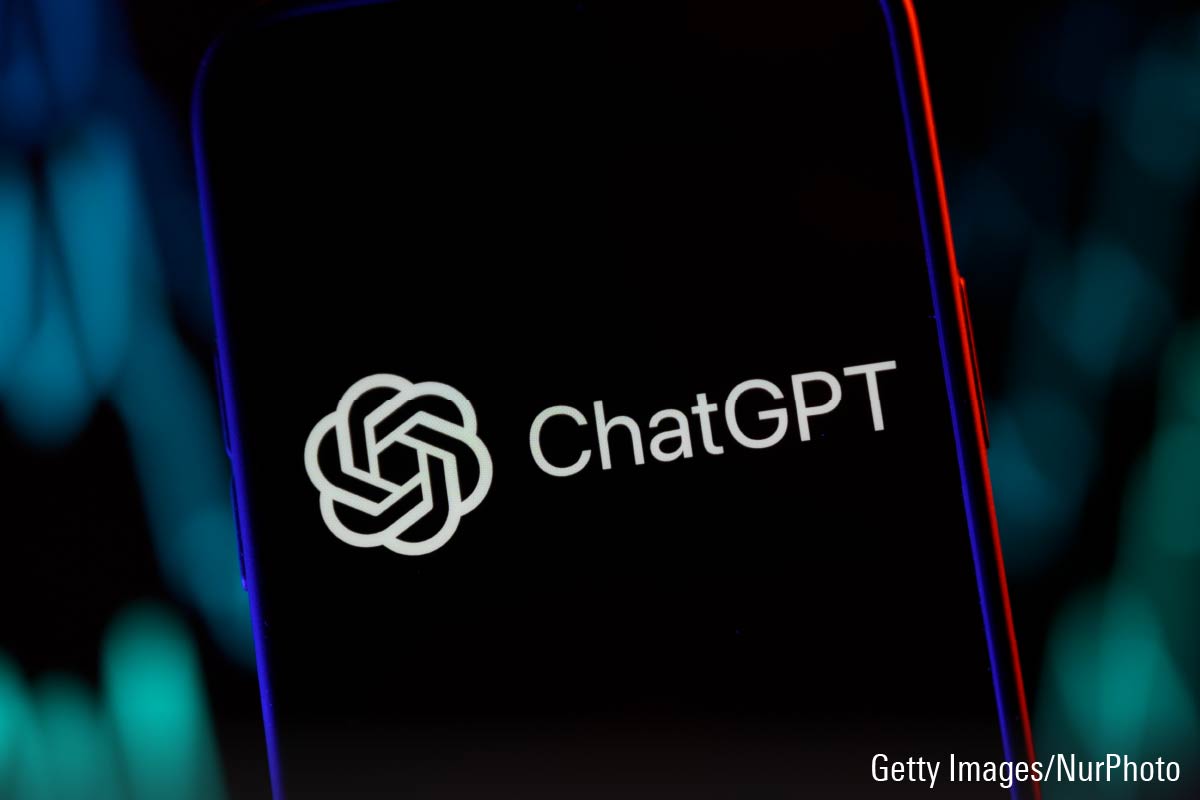With ChatGPT, Why Do I Need a Financial Advisor?
Advisors can, and should, give you more than standard financial advice.

The technology geniuses have done it again: ChatGPT, and artificial intelligence in general, is set to change our lives forever. Thousands of articles have already cited the hundreds of jobs and services the model will replace—but is that of a financial advisor one of them? If we have the answers to our financial questions just a few clicks away, do we still need a financial advisor? The answer is: It depends on what you’re looking for.
If you’re looking for one-off advice, such as “At age 29, how much do I have to invest a month to retire with $10,000,000 by age 65 assuming a 7% average annual return and taking into account inflation?,” ChatGPT can spit out an answer in a few seconds. However, if you’re interested in a conversation regarding questions like the following:
- How much do I have to save to have a comfortable retirement? What does “a comfortable retirement” even mean?
- Should I retire at age 65? 45? 50? How would taxes and benefits factor in?
- What should I invest in now to get the most returns possible? Would it be possible to factor in some environmentally friendly investments and still hit my return goal? Should I even be so focused on returns?
- How will a recession affect my portfolio? Should I be doing anything to prepare now?
Then hiring a financial advisor may be a better fit for you, and you are not alone.
Why do people hire a financial advisor?
In our latest research, we asked 312 current advisor clients why they hired their financial advisors. The question was open-ended, allowing us to collect people’s thoughts in their own words. In all, when we asked people why they hired their financial advisor, they didn’t just respond with reasons pertaining to a specific financial need they were trying to address. Instead, many of the responses were emotionally grounded. Many current advisor clients aren’t just looking for an answer to a particular question—they are looking for the emotional support that we all sometimes need when riding on the roller coaster ride that is investing and finance.
Yes, some people did report hiring their financial advisor to address a specific financial need, but most people reported reasons pertaining to their own discomfort when making these decisions on their own, their need for behavioral coaching, and the quality of the personal relationship they had with their advisor. Among the responses we received were:
“I feel more secure having a different view of my finances.”
“He is a sane voice, and I am able to bounce ideas off of him.”
“I found an advisor who understood me, and I found to be a good fit.”
It’s clear that these advisors are more than a chat service.
Do you just need an answer? Or are you looking for guidance?
So, if you are debating hiring a financial advisor or relying on an algorithm, ask yourself what level of advice you are seeking. If you need a one-off answer, ChatGPT (or a good Google search) can be your solution. But if you are looking for a solution to help you tackle the complexity of financial decisions or ride out the uncertainty of the markets, then an old-fashioned human financial advisor may be right for you. For help finding the right advisor, check out our latest content on how to optimize your search.
The author or authors do not own shares in any securities mentioned in this article. Find out about Morningstar’s editorial policies.

/s3.amazonaws.com/arc-authors/morningstar/e03cab4a-e7c3-42c6-b111-b1fc0cafc84d.jpg)
/cloudfront-us-east-1.images.arcpublishing.com/morningstar/JNGGL2QVKFA43PRVR44O6RYGEM.png)
/cloudfront-us-east-1.images.arcpublishing.com/morningstar/WDFTRL6URNGHXPS3HJKPTTEHHU.png)
/cloudfront-us-east-1.images.arcpublishing.com/morningstar/IFAOVZCBUJCJHLXW37DPSNOCHM.png)
:quality(80)/s3.amazonaws.com/arc-authors/morningstar/e03cab4a-e7c3-42c6-b111-b1fc0cafc84d.jpg)